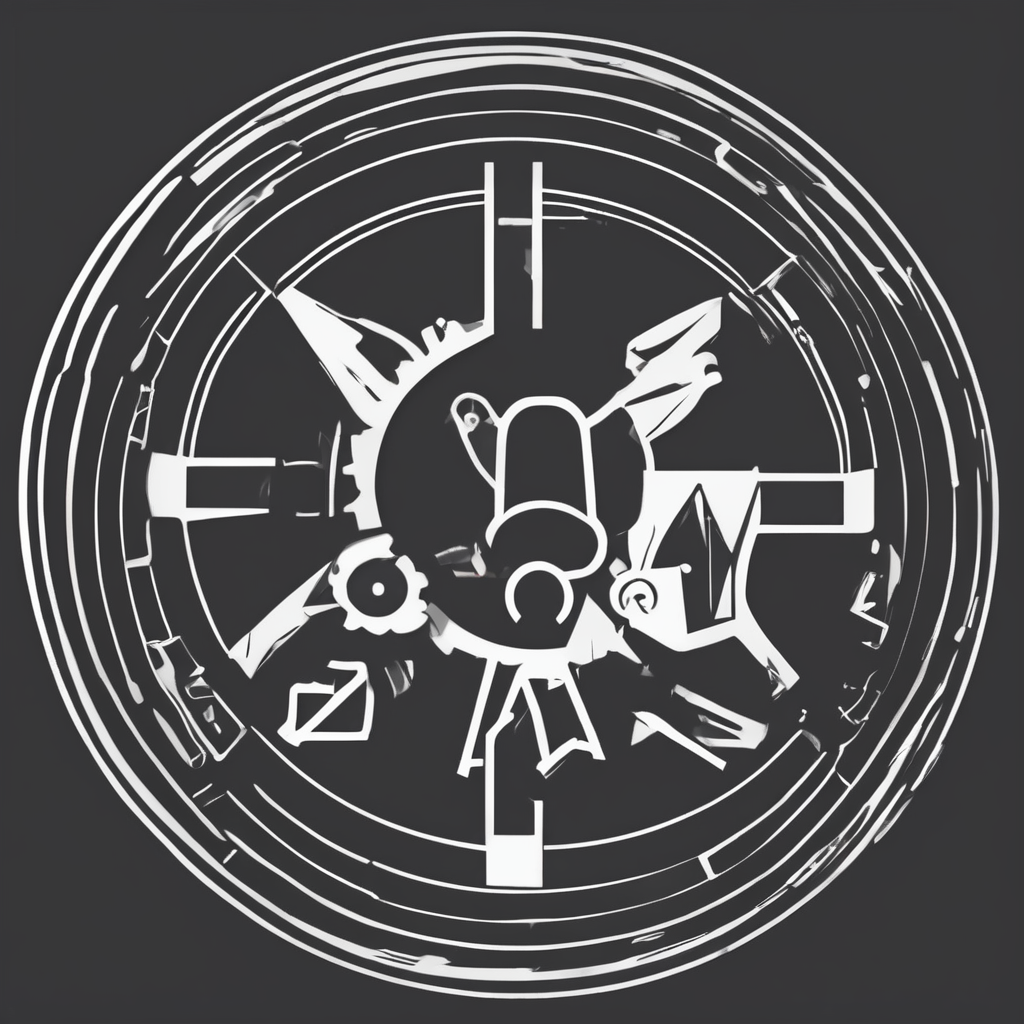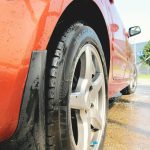Overview of the UK Diesel Car Scrappage Scheme
The Diesel Car Scrappage Scheme in the UK aims to reduce air pollution by encouraging the replacement of old diesel vehicles with more environmentally friendly alternatives. Launched to address the growing concern over vehicle emissions and their impact on climate change, the scheme has evolved over the years.
Current updates indicate that various UK regions and car manufacturers individually manage and adjust their own scrappage programmes. These programmes offer financial incentives to owners of qualifying diesel cars, enhancing the growing shift towards greener modes of transport.
Additional reading : Unlocking Disabled Parking: Your Ultimate Guide to Securing a Blue Badge in the UK
Environmental motivations are central to this initiative. Diesel vehicles emit significant levels of nitrogen oxides and particulate matter, contributing to poor air quality and health issues. By incentivising the disposal of high-emission vehicles, the government aims to reduce these harmful pollutants.
The UK Car Scrappage Scheme is a notable part of a broader governmental strategy to meet national emission reduction targets. Encouraging vehicle disposal of older, more polluting cars aligns with both national and global environmental goals. This programme underscores the importance of transitioning to vehicles that emit fewer pollutants, paving the way for a cleaner future.
Additional reading : Essential Tips for Ensuring Your Vehicle Meets UK Regulations on Rural Journeys
Eligibility Criteria for Participation
Understanding the Scrappage Scheme Eligibility is crucial for potential participants. Vehicles must meet specific age and emission criteria to qualify for the UK Diesel Car Scrappage Scheme, aligning with the aim to phase out high-pollution cars.
Detailed Vehicle Eligibility Requirements
Only diesel cars registered before a particular date—usually set around ten years prior—are eligible. This ensures that newer, less polluting vehicles remain operational while older, more damaging ones are retired.
Age and Emission Standards for Qualifying Cars
Eligible vehicles must generally fail to meet Euro 6 emission standards, which are the latest limits on particle emissions for vehicles. Euro 6 compliant cars are regarded as cleaner and thus usually don’t qualify for scrappage. By setting this standard, the scheme targets vehicles contributing the most to air pollution.
Residency and Owner Requirements in the UK
Participants must reside within the UK and prove ownership of the eligible vehicle for a specified period, typically a year. This requirement prevents last-minute purchases of old diesel cars purely for financial gain from the incentives. Ensuring that only genuine owners participate supports the scheme’s environmental goals effectively.
Financial Benefits of Scrapping Your Old Diesel Car
Participating in the Diesel Car Scrappage Scheme brings several financial benefits. Individuals can access government incentives and cash allowances designed to offset the cost of acquiring more eco-friendly vehicles. These scrappage scheme incentives might substantially reduce the price of new, low-emission cars, making them more affordable for consumers.
Apart from direct financial incentives, scrapping older diesel cars can lead to potential savings on fuel and tax. Newer vehicles, which are more fuel-efficient and comply with stricter emission standards, often incur lower road tax rates. This contributes to both short-term and long-term savings.
In assessing the vehicle value, it’s essential to consider the current market worth of your diesel car. While the scrappage payment usually surpasses typical trade-in values for older vehicles, owners should nevertheless evaluate offers from multiple sources. This ensures they’re receiving the best possible deal.
Ultimately, these financial benefits support the initiative’s environmental objectives by encouraging the transition to cleaner transportation alternatives, making it economically appealing for participants. Such incentives empower owners of old diesel vehicles to make more sustainable choices without significant financial strain.
Step-by-Step Guide to Scrapping a Vehicle
Navigating the scrapping process efficiently is crucial for a smooth experience. Here’s a concise guide on how to scrap a car while ensuring compliance with the procedure overview.
Preparing Your Vehicle for Scrappage
Before initiating the scrappage, remove personal belongings and review the vehicle’s condition. This preliminary step is vital for ensuring privacy and facilitating an accurate assessment of your vehicle’s readiness for disposal. Additionally, checking for any leftover fluids and hazardous materials ensures an environmentally responsible disposal.
Finding Registered Scrap Yards
Identifying registered scrap yards is essential. Only those licensed by the Environment Agency in the UK should be considered to ensure that the vehicle disposal complies with environmental regulations. Ask for recommendations or check online directories to find reputable options. Cross-verifying the credentials of the yard helps avoid falling prey to illegal practices or fraud.
Completing the Necessary Paperwork
Documentation and registration transfer are critical when scrapping a vehicle. The DVLA mandates an official Certificate of Destruction, confirming the vehicle’s scrappage. Be meticulous in filling out the details to prevent complications in ownership transfer. Always retain copies for your records. Proper documentation reflects attention to detail and ensures a hassle-free procedure from start to finish.
Common Pitfalls and How to Avoid Them
Participating in the Diesel Car Scrappage Scheme can be rewarding, but potential scrappage scheme mistakes may arise. Avoiding common issues is crucial for a smooth experience. Misunderstandings often occur regarding vehicle eligibility and scrappage process requirements. Ensuring your car meets the vehicle requirements before proceeding can prevent wasted efforts.
Financial scams pose significant risks, enticing participants with false promises. It’s important to recognise scams by verifying any offers with official government channels or authorised dealers. Be wary of schemes demanding upfront fees or providing unsanctioned incentives.
Accurate documentation and reporting hold immense importance. Errors in vehicle information or neglecting necessary paperwork can delay vehicle disposal. Get the Registration Certificate (V5C) ready and ensure the Certificate of Destruction is duly completed. This legal document confirms the proper disposal of your vehicle, keeping you clear from possible legal predicaments.
Ultimately, attention to detail and awareness of potential traps are key. Meticulously follow instructions, double-check documents, and only work with reputable dealers. This diligence will help you gain maximum benefits from the scrappage scheme without falling victim to potential pitfalls.
Real-Life Examples and Case Studies
Real-world application of the Diesel Car Scrappage Scheme offers insights into its effectiveness. By exploring case studies, we can glean valuable lessons from those who have successfully navigated this programme.
Success Stories of Profitable Outcomes
Numerous participants have benefited financially from scrapping their old diesel vehicles. For example, John, a resident in London, traded his 15-year-old diesel car for a cleaner hybrid vehicle. The savings accrued from scrappage scheme incentives surpassed what he would have gained through a traditional trade-in, showcasing the financial appeal of the programme.
Comparative Analysis of Experiences
The scheme’s impact varies depending on vehicle types and individual circumstances. Owners of older, high-emission vehicles report the greatest benefits, reflecting the targeted approach of the UK Car Scrappage initiative. Vehicle disposal efforts focusing on non-Euro 6 compliant models have proven the most lucrative.
Lessons Learned for Maximizing Benefits
Participants emphasize the importance of researching financial offers from multiple dealers. One key lesson is ensuring compliance with all vehicle requirements to avoid processing delays. Additionally, feedback indicates that engaging with legitimate, registered dealers aids in realising the maximum potential benefits from the scrappage scheme.






